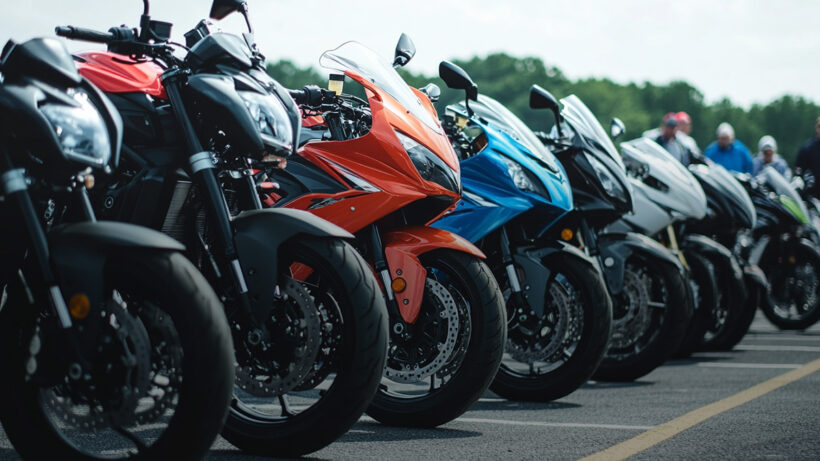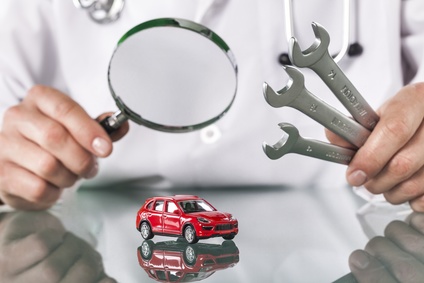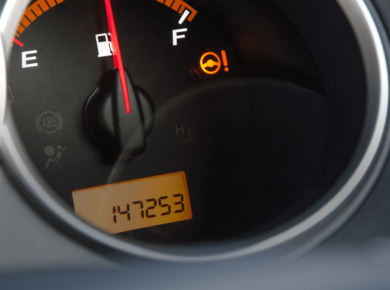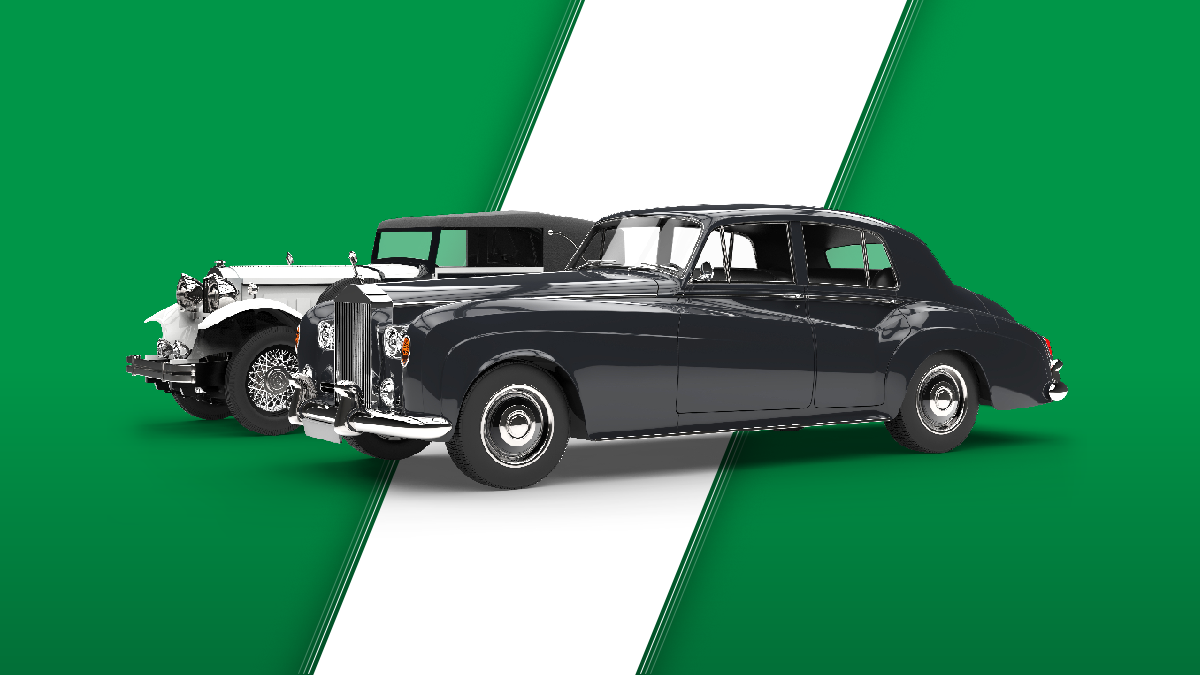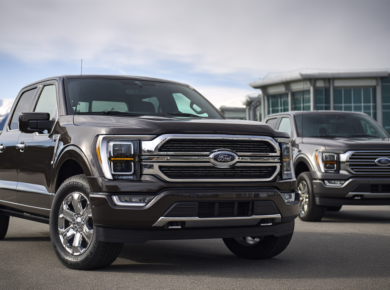Riding a motorcycle is a thrilling experience. For experienced riders and beginners alike, there’s nothing like hopping on a bike and taking a ride into the sunset. While motorcycles can be costly, especially for those on a budget, buying a used bike is a fantastic way to ride without breaking the bank. However, it’s always worth properly investigating your options and researching the market before you commit. In this guide, we’ll cover everything you need to know about buying a used motorcycle in 2025, from evaluating its condition to successfully navigating any buying process.
Why Buy a Used Motorcycle?
The main obvious benefit to buying a used bike rather than a brand new one is to save money. New motorcycles depreciate quickly, meaning purchasing a new bike is not necessarily a good idea compared to a used one. Also, the used market has many options, from sports bikes to cruisers and touring bikes, all from different years. With a broader range of choices compared to new bikes, you can be confident you’ll find the deal you’re searching for.
Whether you want to buy a used bike, however, does depend on your budget, riding needs, and whether you’re confident inspecting a pre-owned machine. If you’re new to motorcycles or concerned about hidden red flags, read on to discover what to look for when buying a used motorbike.
When to Buy Motorcycles
Your timing can significantly impact the price and availability of motorcycles for sale. It’s often ideal to shop at the end of a riding season or during wintertime when there’s less demand. Sellers, including private sellers and motorcycle dealerships, may be more open to negotiation during low seasons. Knowing when to buy motorcycles could save money and time and give you more options.
What to Look for When Buying a Used Motorcycle
When buying a used motorcycle, conducting a proper inspection is essential. Here’s what to look for when buying a used motorcycle to avoid any errors that can cause you headaches down the line:
- Mileage: So what is good mileage for a used motorcycle? Generally, between 10,000 and 30,000 miles is reasonable, but it can depend on the type of bike you’re looking at. For example, touring bikes are designed to withstand higher mileage, whereas sports bikes could suffer more wear due to more aggressive handling.
- Service Record and Maintenance History: Ask for the bike’s service record. This provides insight into how well the previous owner has maintained the motorcycle. Missed routine servicing could imply potential mechanical issues.
- Signs of Wear and Tear: Inspect visible parts like the brake pads, tires, and chains for signs of wear and tear. Keep an eye out for cracks, uneven tread wear, or rust. These could signal a lack of care, which might mean costly replacements.
- Red Flags: Avoid salvage title bikes from motorcycle salvage auctions. While these can be bargains, they might have significant mechanical or structural issues.
- Test Ride: A test ride is essential in assessing a bike’s performance. Carefully monitor the engine’s response, brakes, and shifting, which should be smooth. A bike starting without trouble and running smoothly indicates optimum good condition.
- Physical Inspection: Check the frame for cracks, the fuel tank for leaks, and ensure all lights and signals function correctly.
Knowing things to look for when buying a used motorcycle is the difference between landing yourself with a lemon and getting a fantastic deal on a great bike.
Questions to Ask When Buying Used Motorcycles
Whether you’re purchasing from a dealership or a private seller, asking the right questions can reveal a lot. Here are some questions to ask when buying a used motorcycle:
- Why are you selling this bike?
- What’s its accident history?
- Do you have the service record?
- Are there any known mechanical issues?
Knowing what to check when buying a used motorcycle and what to ask about the bike’s history and condition will allow you to make a confident and informed decision.
How to Buy a Used Motorcycle
The best way to buy a used motorcycle is to be systematic in your approach. Below, let’s explore how to purchase a used motorcycle step-by-step:
- Research and Budgeting: Research properly – a used motorcycle value guide can help you estimate the bike’s value according to its age, mileage, and condition. By doing so, you can avoid paying too much.
- Inspection: You might not be confident to inspect the bike independently. Consider hiring a professional mechanic who will look for red flags. This is especially important for vehicles such as salvage motorcycles for sale or bikes with hazy histories.
- Negotiation: Negotiation is an essential aspect, so lean on your research and knowledge to push through the best deal possible. Sellers will often be open to sensible offers, especially if they’re private sellers.
- Paperwork: Make sure the title is clean and aligns with the details provided by the seller. If you want to buy a used bike from other states, make sure you know the legal requirements for title transfers and how to register locally.
- Finalize the Purchase: Once you’re happy, finalize the purchase and ensure you receive all the documents you need for your records, especially the bill of sale.
Types of Motorcycles to Consider
Many bike options are on the used market, from cruisers and sports bikes to adventure and touring models. Think about your riding style and what would align with that when choosing. For instance:
- Sport Bikes: Best suited for performance enthusiasts but have the potential for higher maintenance costs.
- Cruisers: Ideal for leisurely rides and built for durability.
- Adventure Bikes: Suitable for both on- and off-road travel.
Getting to grips with the different types of motorcycles available will help you choose the best bike for your needs.
What About Salvage Motorcycles?
Salvage motorcycles can be another decent option, especially if you have the know-how for home repairs. These kinds of junk motorcycles for sale are usually sold at motorcycle salvage auctions or by insurance companies following a total loss. However, it’s worth being aware of the risks. While you might be able to find cheap second-hand motorcycles in this category, repair costs can add up over time, increasing your overall costs. When it comes to salvage motorcycles, always compare the used motorcycle valuation against potential repair costs before deciding. Read more about buying salvage motorcycles in our guide, “Salvage Motorcycles for Sale.”
Tips for Buying a Second-Hand Motorcycle
If you’re thinking of buying a second-hand bike, here’s a ‘buying a second-hand motorcycle checklist’ to refer to:
- Perform a motorcycle VIN check, e.g., with ClearVin, to ensure the bike isn’t stolen or one with a salvage title that has been advertised dishonestly.
- Keep an eye out for impounded motorcycles for sale, as these may be available at lower prices.
- Take multiple options out for test rides to compare performance and comfort.
Long-Term Considerations
A motorcycle is an investment for the long term, so look beyond the present. Bear in mind insurance premiums, maintenance costs, and resale value. An insurance company can provide quotes according to the bike’s value and VIN history. Regular maintenance and check-ups will keep the bike’s condition and value high.
Where Can I Buy a Motorcycle?
Here’s some information on the best places to buy a motorcycle:
- Motorcycle Dealerships: Offer certified pre-owned options with warranties.
- Private Sellers: Often more affordable, but be careful of scams.
- Online Listings: A quick and easy way to find bikes, but as with private sellers, be cautious of scams.
You might also find deals at motorcycle auctions or through classified ads. Inspecting the bike in person is always a good idea when possible.
Should I Buy a New or Used Motorcycle?
For those asking, “Should I buy a new or used motorcycle?” hopefully, this guide has clarified everything you need to know. While a new bike will have a warranty and a clean history without mechanical issues, a used motorcycle can be less heavy on your budget and allow you to explore a broader range of options. Assess your financial situation, riding needs, and comfort level with inspections to decide.
Buying a used motorcycle in 2025 can be a rewarding experience if prepared for and appropriately researched. We hope you know now what to look for when buying a motorcycle and that you are well-equipped to find the perfect bike for your needs. From timing your purchase to understanding the questions to ask when buying a used motorcycle, every step ensures you make a wise investment.

